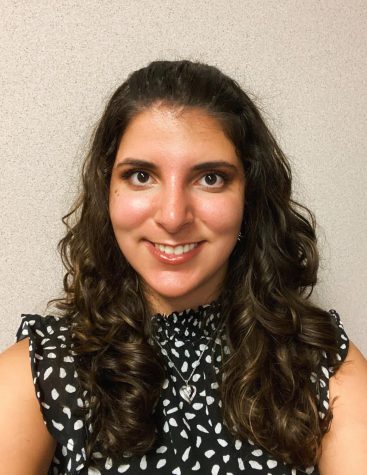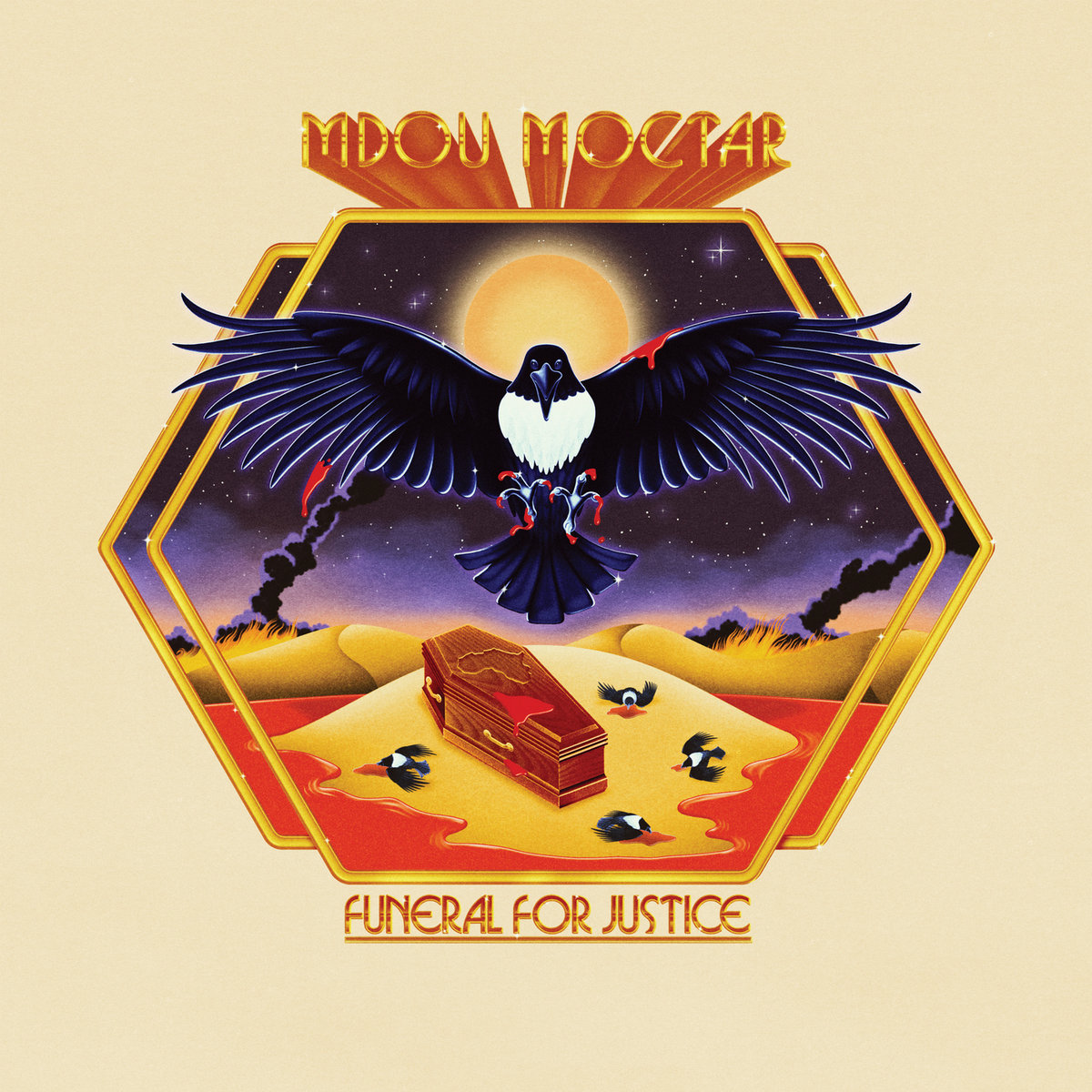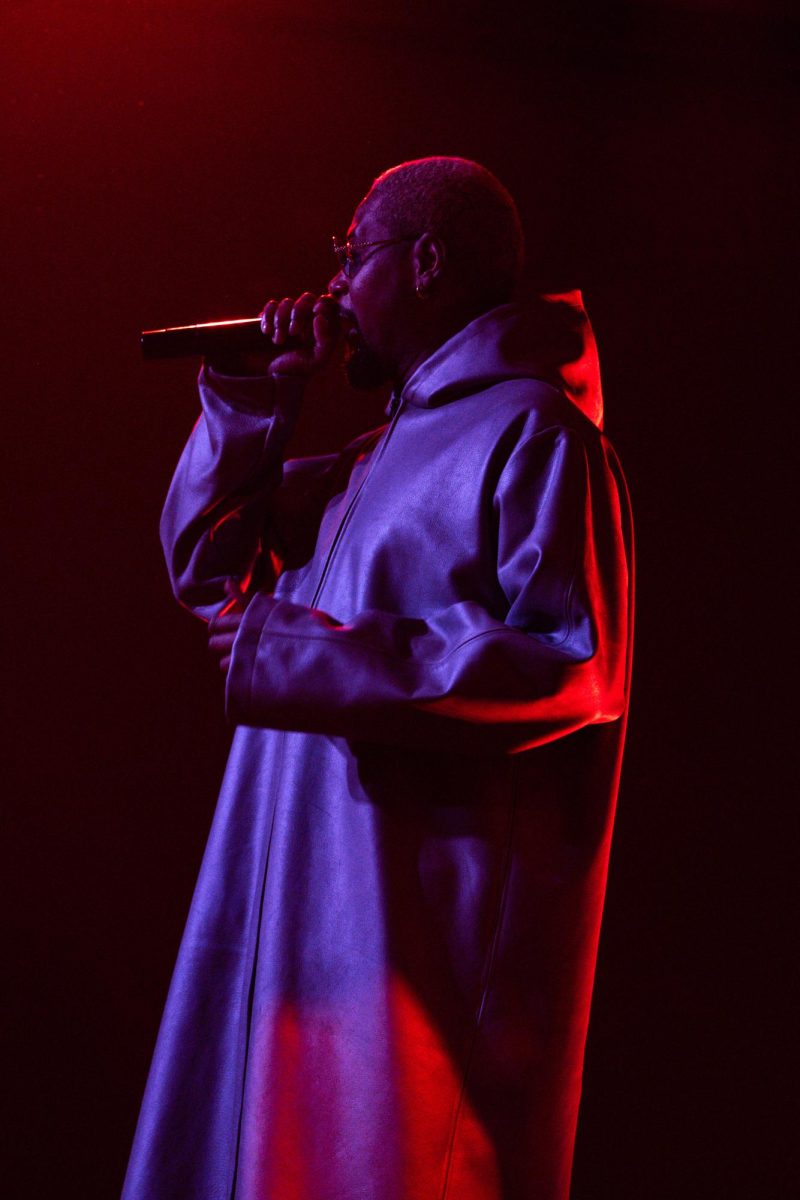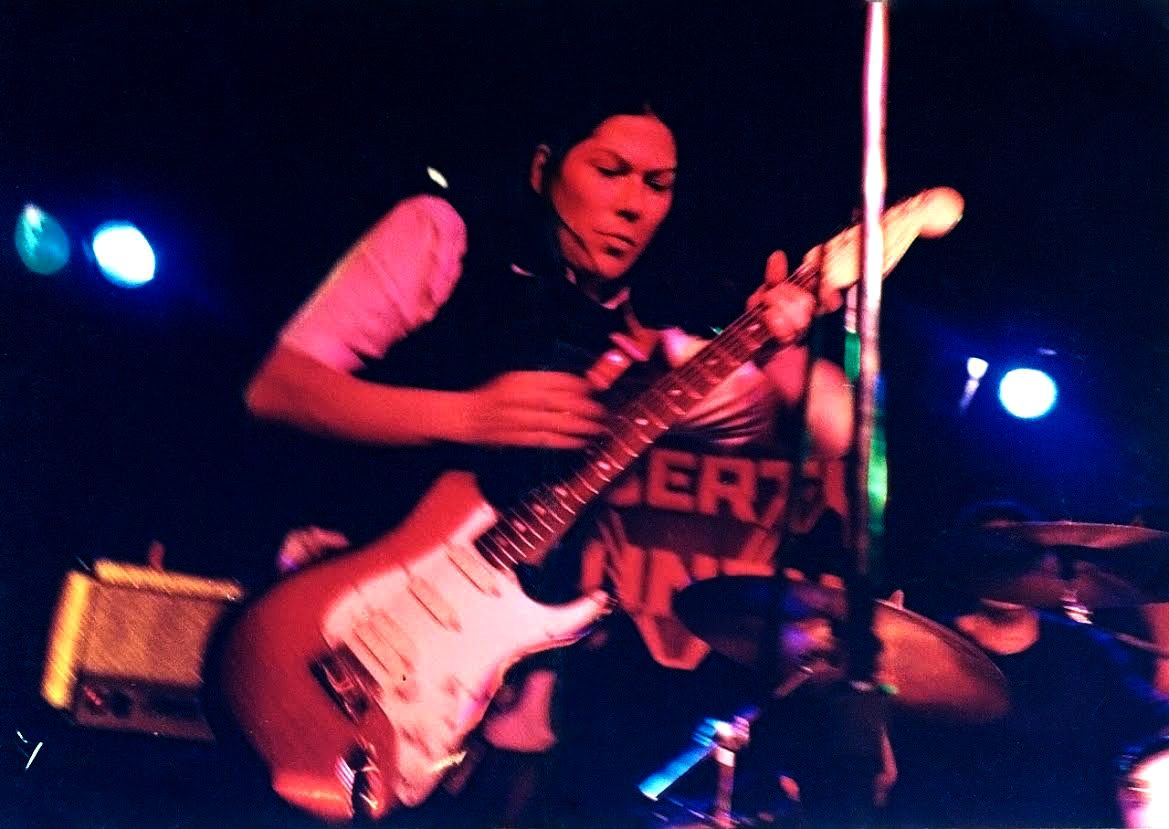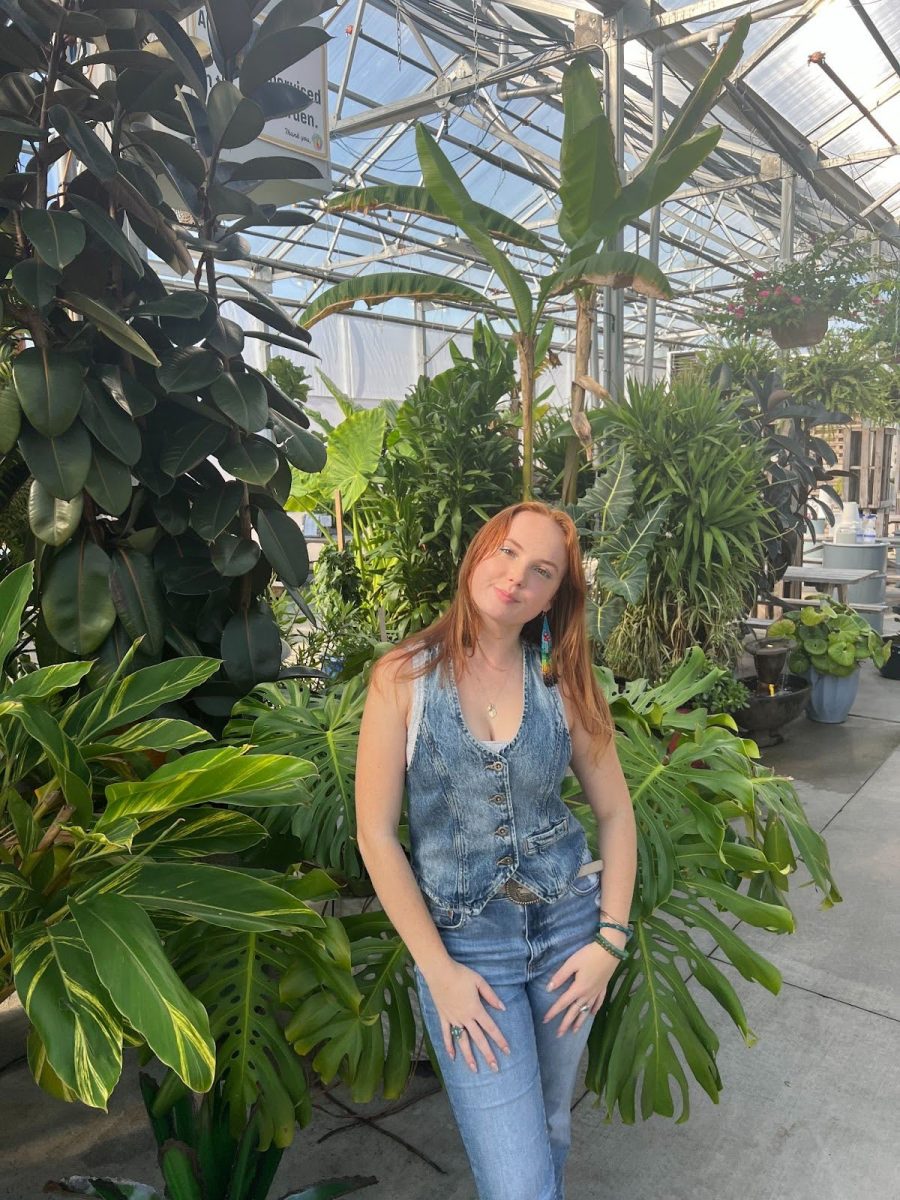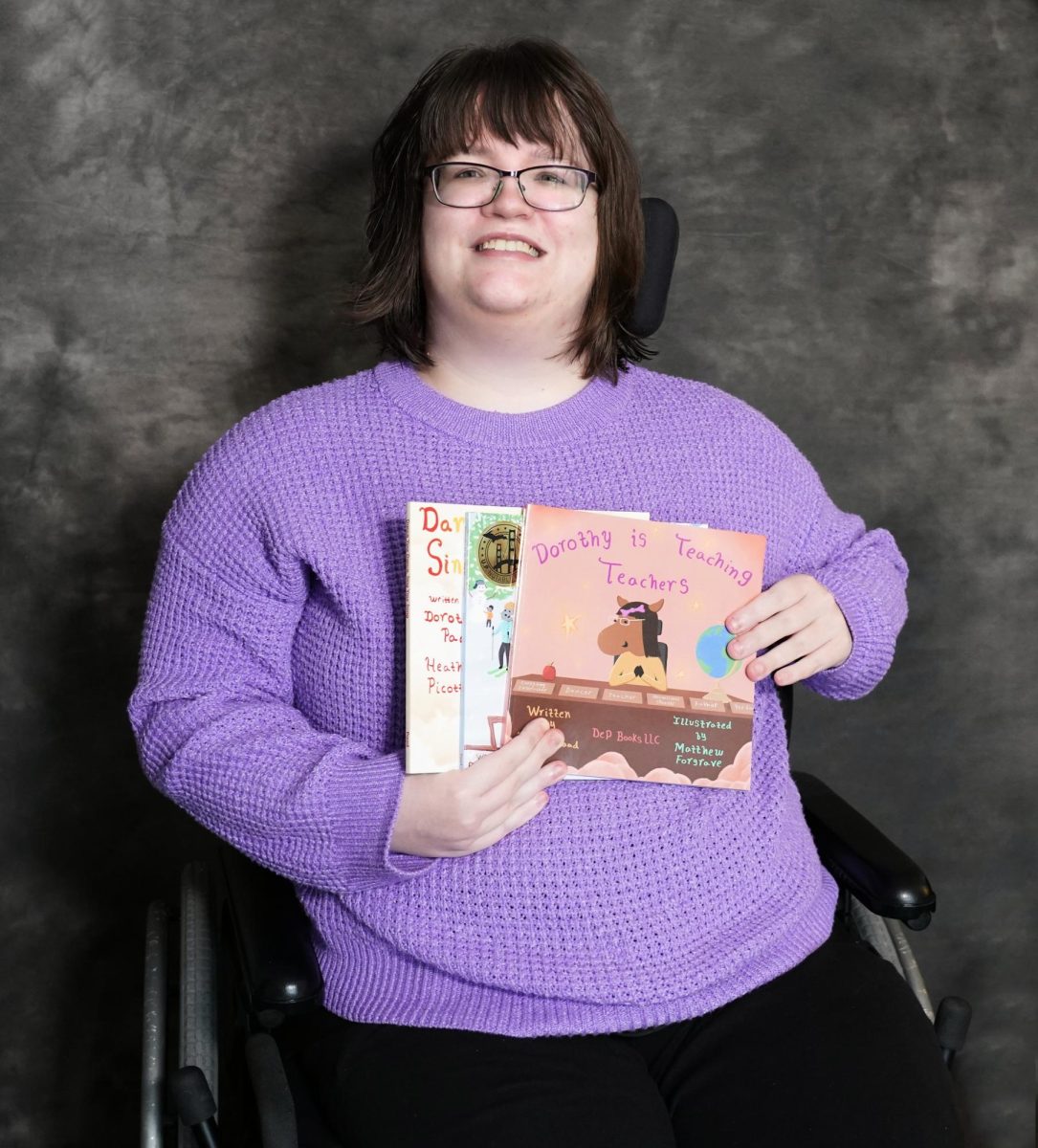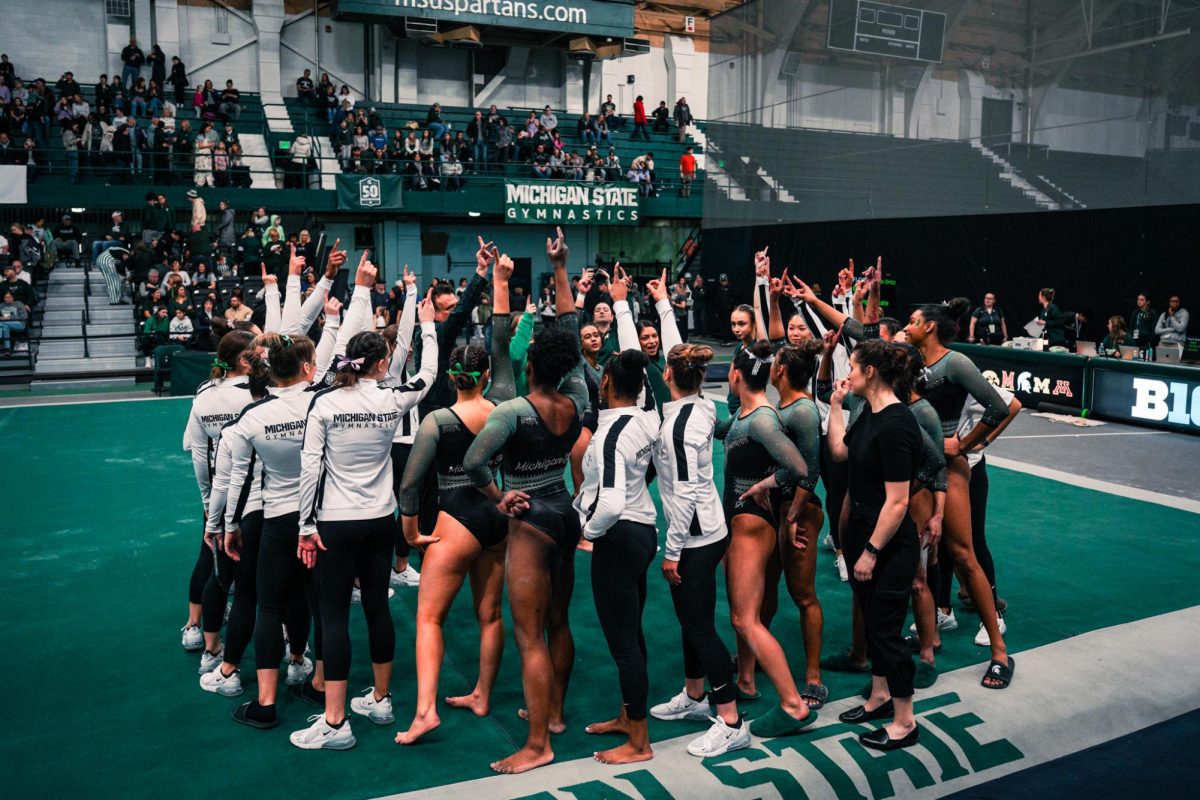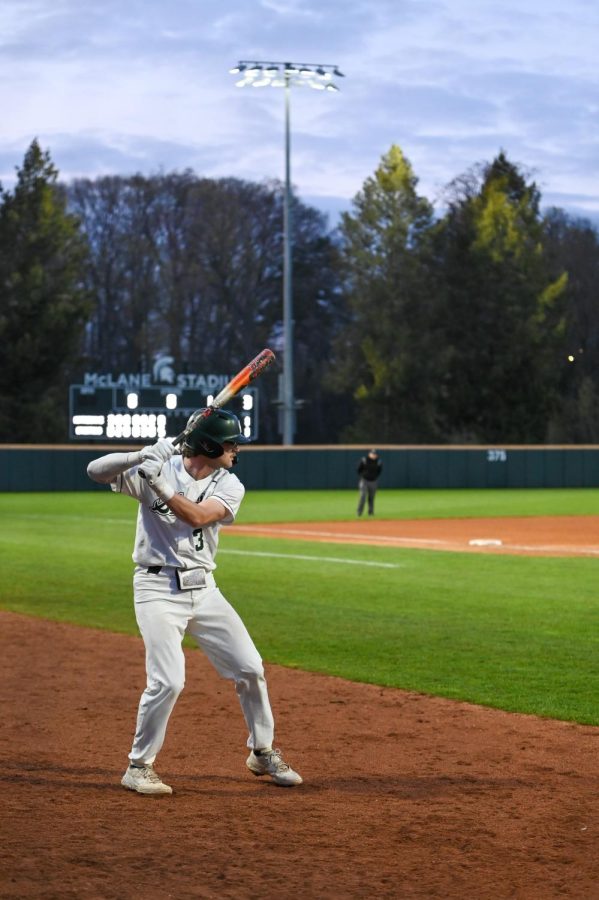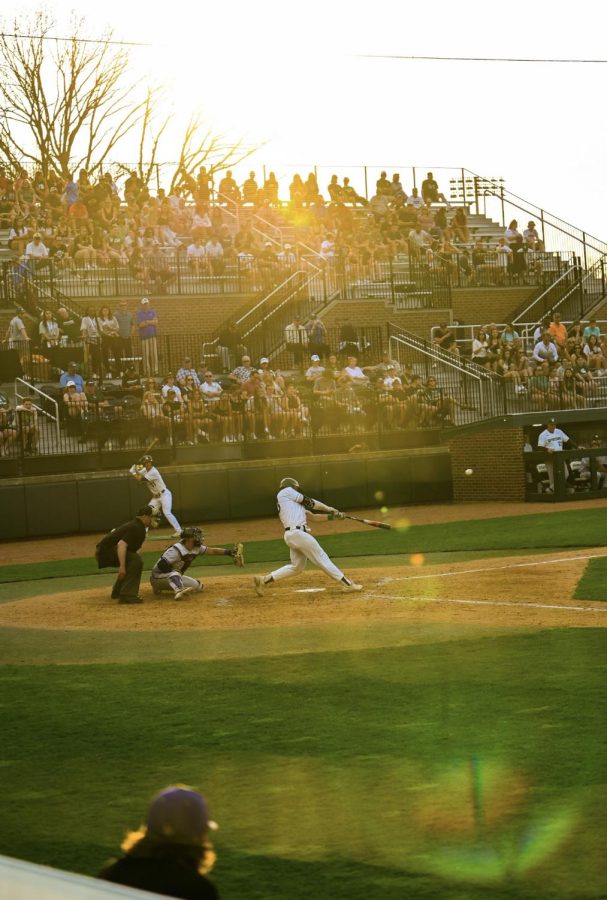Exposure – 10/31/2020 – TRANSCRIPT FOR MSU Karate Club
November 1, 2020
Disclaimer: The contents of this interview do not reflect the values or represent the values of WDBM The Impact.
Interview Transcript
Connie Rahbany: Hello, and welcome to Exposure. I’m your host, Connie Rahbany, and today I’m interviewing with Joshua Klein, the president of MSU’s Karate Club. Thank you for joining me.
Joshua Klein: Thanks for having me.
Connie Rahbany: So can I have you introduce yourself and tell me a little bit about you.
Joshua Klein: Uh, so we’ll just start off my name’s Joshua Klein. I’m a senior here at MSU I’m from West Bloomfield, Michigan. So for those of you who do not know where that is, that’s an hour and 15 minutes Southeast of here in the Detroit metropolitan area. And I am a mathematics major minoring in actuarial science. And in addition to being the president of the MSU karate club, I am a student tour guide as well as a member of the event planning committee for Spartython dance marathon. Uh, I am set to graduate this May and look to go somewhere into data analysis.
Connie Rahbany: And what is MSU’s Karate Club? And what can you tell me about it?
Joshua Klein: So the MSU karate club started in 1962. It is actually one of the oldest and longest running martial arts clubs in the entire Midwest. Um, we teach a style called poo con tang soo do. It is a Korean style of martial arts. Um, it’s just a different way to get students up and moving. It’s. Something a little nontraditional from going to the gym or playing basketball or football with your friends. We are a very friendly environment who will take students who have experience in the martial arts like myself, or we’ll take people who have literally never punched in their entire life and anything in between. So we definitely welcome any and all students who are interested.
Connie Rahbany: So, what is the overall goal that the club is either currently or hoping to achieve in the future? Is it that difference between traditional sports that people might be trying to play?
Joshua Klein: I think the goal is just to continue on the legacy, the person who started the club brought the style over from Korea. So I think it’s part of continuing on that legacy, but it’s also just teaching students, you know, how to kick and punch, use, you know, certain techniques. There may be people coming in who sometimes may not feel the most comfortable by themselves and want to learn some self-defense techniques, we teach those too, but then also the more you stick around, you’ll also notice that you view the world in a much different way, how you observe different things or how you think about things. I’ve certainly noticed that because I’ve been training for so long when I see people first coming in. If I talk about how I think of things in a certain way, because of my training, they think of it in a completely different way. So I guess it’s just, we want to give that opportunity to students to try something new, but also carry on the legacy that has been here since 1962.
Connie Rahbany: So you said that anyone can get involved with the club, but I want to ask, how long have you been involved with MSU’s Karate Club and what got you involved?
Joshua Klein: So, in my freshman year, like everyone else, I went to Spartython and somehow some way I missed the karate club, but then two weeks into the semester, my grandpa actually sent me an email about them. And I walked in the first day and, you know, instantly felt at home and I’ve been coming back ever since I was just a member. My first year, my sophomore year, I was the secretary and then my junior year, and this year I’ve served as the president, but I actually got into karate way, way before for this. I started when I was three years old. Um, I train under my instructor back home, is Grandmaster, Willie Adams. And he has been teaching me literally since I was three years old that I. Obviously don’t remember this, but from stories, my parents and he tells me is that I was in a class with 6 other students who had parents that only spoke Japanese. So I was kind of the minority there. And then a few years later, when I was about six, he opened up the current school that I train at. Now, when I’m back home Southfield martial arts, and that’s kind of where I’ve gotten the bulk of my training. And then when I came up here, I knew there was some way that I would just have to continue training. But even though it was a different style, the first day I walked in, I instantly knew this is a club that I’m going to stick around and train with.
Connie Rahbany: How has MSU’s karate club benefited you?
Joshua Klein: It’s benefited me in a lot of ways. Outside of being able to train it is one of the greatest stress relievers that you can ever find. It is a place where you can just go and start punching a bag and release stress, and no one can judge you for it. Um, so that is a really good thing to do. And it also just gets me out and about walking across campus, we train, well, we did train in IM West. COVID has complicated things a little bit. Um, but it gives me a nice chance to get out of my room, walking across campus, interact with different people. Joining the club, especially when I first started turned a very large university, into something very small where I had those few close knit friends and group of people that I knew. Um, so there are a lot of extra benefits outside of just learning how to kick and punch. If you’re thinking about joining us.
Connie Rahbany: And from your experience, how have you seen this benefiting other people the most? Is it individually? Is it communal?
Joshua Klein: I, it goes both ways. So when we have a lot of new students coming in at once, they are all working kind of together. So someone can say, I know what you’re going through. I know this may be hard, but it’s also an individual. It allows you to grow both as a martial artist. And as a person, what we do is not easy. It’s not. For everyone, if it was for everyone, we would have hundreds and hundreds of people, every class. But you know, we don’t, our numbers are generally class sizes of a maximum of 20 students, but you notice what the students who stay around and conquer the challenges of learning, that it builds up their confidence and that they just feel they are able to do more than they realize they thought before coming through and seeing us.
Connie Rahbany: And what does a typical meeting look like?
Joshua Klein: So we meet. Let’s talk before COVID Tuesdays and Thursdays, we meet from 6:30 to 8:00 PM in the basement of IM West. We have a whole karate room with mats. You typically show up a little bit before 6:30, get there. If you need to change, you can change, stretch out a little bit. We’ll start with about 15 minutes of warmups. And then from there we have many instructors who have had years of teaching experience and years of training, they are all at least second degree black belt. So they certainly know what they are doing and it’s structured classes. So maybe one day we’ll work a little bit on techniques or maybe we’ll do forms, self-defense, bags, sparring. So every single time we meet can change. And then on Fridays, we have people coming in as early as five 30, six o’clock. And that is our informal training day, or we don’t have a structured class, but the karate room, we do a open it up just to allow students who come in and work on whatever it is they want to work on. That is a great time to get one on one training with an instructor, because it’s not a set class where this is what we’re going to do today, and everyone’s going to do it, you can choose whatever you want to do and get that special attention that maybe you can’t get on those Tuesdays and Thursdays. With COVID now over the summer, we were forced to train outside the entire time, which unless if it was raining, it wasn’t that bad. And we were training outside for quite a while now, but since it’s getting darker out earlier, as well as a bit colder, We are looking into different options as to what we will do for the winter, but we don’t have any set plans as of yet. If you want more information on our planning process, or if you’re wondering, if we do have a step plan at some point in the future, there is an email address it’s just [email protected] and you will talk straight with John Williamson, who he is, the club’s advisor, and can answer all of your questions about the club.
Connie Rahbany: So aside from the way that you guys meet has COVID impacted anything else with the MSU karate club?
Joshua Klein: I Don’t really think it has. Training over the summer there normally aren’t that many students to begin with. So you could say that there was a drop in numbers, but that happens just about every summer, but, since I joined the executive board, I’ve made sure at least once a year to send out a mass email to all of the students about the club and to come and join us. And when I did that this year, early in fall semester, when we were still training outside, I was only expecting to get three or four people cause I didn’t think many people were up here and we had like 20 people show up. And unfortunately that was the day before Ingham County went into quarantine for two weeks. And then only a few of those students were able or chose to come back. But we noticed that students were happy with what we were doing because it was something that got them out of their house or out of their room on campus instead of just another zoom meeting.
Connie Rahbany: And then I have to ask, how far does your club go when it comes to karate? Is it competitive?
Joshua Klein: So we do sometimes travel for tournaments that only typically happens about once a year. We’ll only take students that we feel are ready to like a brand new student who is only in their first or second semester of training, we know realistically that’s something that they’re probably not ready for yet, but as you move up in the ranks, it is definitely something that we ask people to do to see if they would like to do it. It’s just a fun way to be competitive with it outside of the people you train with. Um, so you get that little bit of sport aspect in training.
Connie Rahbany: You’re listening to WDBM East Lansing. I’m Connie Rahbany, your host of Exposure. Today, we’re talking to Joshua Klein, the president of MSU’s karate club. So Joshua, is there anything that the karate club is doing right now that you’d like to share?
Joshua Klein: At the moment we are doing everything we can to try to do something in person over the winter. We know that we’ll most likely be somewhere off campus. And we do know that there can only be class sizes of 10 students, and we are planning for that. We are coming up with different ways to have students sign up for classes beforehand. As well as instructors. So we don’t exceed that 10 person limit. So at the moment we are in a search for some place to go. Other than that, we may try to stick to zooms every now and then just to be able to train. But if we are unable to train in IM West once the weather starts warming up in the spring, we will absolutely start training outdoors again. And you can. 100% expect to see another mass email from me about the karate club.
Connie Rahbany: I know it’s a little bit of a stretch, but how about looking ahead? Is there anything you have to look forward to at this time?
Joshua Klein: I look forward to passing the reigns of president of the club onto someone else. Because as I mentioned, I am graduating in may and the two senior students we have who are both one rank away from becoming black belt. One of them is a student in the vet school, and one is going for her PhD. I don’t know exactly in what. But all of us are going to be graduating this may. So I’m excited to see what the future holds as. These are the people that I, when I came in and started training, they were on their way up to, so I’m looking forward to seeing what the future looks like as we all kind of hand it off to the new group of students that are coming into MSU and starting to train with us now. But also the incoming freshmen for fall of 2021.
Connie Rahbany: And I’m going to backtrack a little bit and ask you if you could describe your experience with MSU’s karate club, all in one word, what would it be and why?
Joshua Klein: That’s a tough one. Um, one word to describe my experience. Um, I’d say impactful. It has. Had an impact on me, not only physically, but mentally the physical part of it is it has kept me in shape. But then the mental aspect, like I mentioned before, it is a really, really good stress reliever. Like when you have so much going on and all you feel is just putting your head in the pillow and letting out that huge scream you can do that at the MSU karate club, you know, letting out that rage on the bags or getting your mind to focus on something else, it has a wonderful impact on you and those who choose to come in and train with us and stick with it and continue on do say the same thing.
Connie Rahbany: And if there’s anybody listening to this right now that is interested or could benefit from MSU’s karate club, what would you say to them?
Joshua Klein: I would say be patient with us now, as we are in the planning process of what to do for the winter. And then once you come and join be patient once again, because the first couple of days for a lot of people can be boring. It’s learning very basic stuff that you’re like this isn’t what I came here for. But the longer you stick it out, the better it will be. So come in with really high expectations and we are willing to deliver on that. But. What we are telling everyone else is you have to give it a little bit of time at first. So if you are patient and you stick it out and you feel as though it’s something for you, I promise you, you will enjoy it.
Connie Rahbany: And how can someone who’s interested find you?
Joshua Klein: So, like I mentioned before, you can email us at [email protected]. You can just Google MSU karate club and there you can find our website as well as our Facebook page. And, but at this point, those are kind of the two best ways to get in touch with us. Um, if it, I was talking without COVID-19 once again, Tuesdays and Thursdays from 6:30 to 8:00 PM in the basement of, IM West. It’s a room next to all the big basketball courts in the basement down there. And then Fridays starting as early as about 5:30 to 6 o’clock and you stay however long you want.
Connie Rahbany: And is there anything else that you’d like to add?
Joshua Klein: I don’t think so. I just hope if this is something that interests you come in and give it a try. I promise we don’t bite. We’re all very friendly people. So if it’s something you’re kind of on the fence about doing, just jump over the fence and come and join us.
Connie Rahbany: Well, Joshua, I want to thank you so much for speaking with me today about MSU’s karate club.
Joshua Klein: Thank you. I really enjoyed it.


